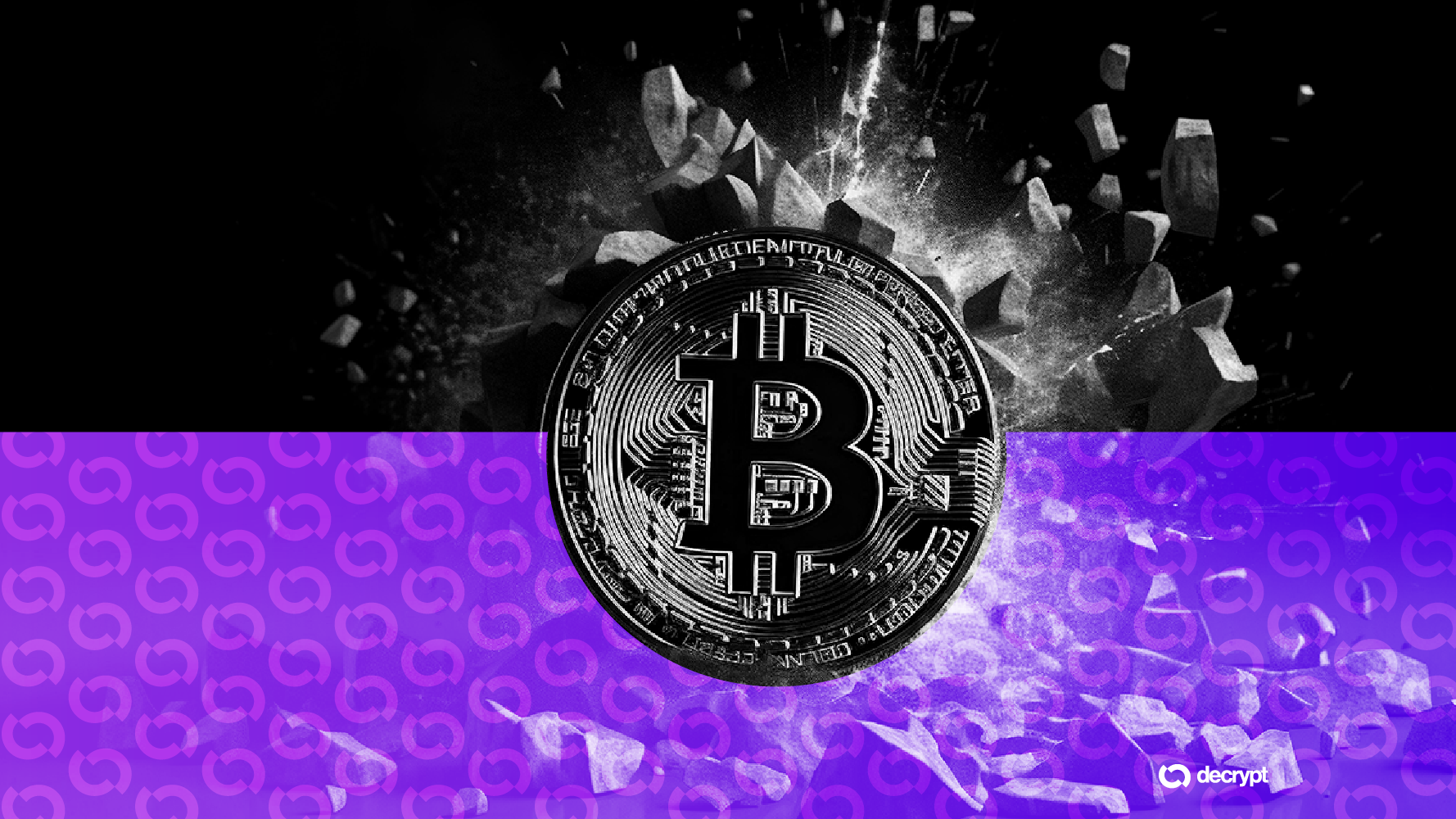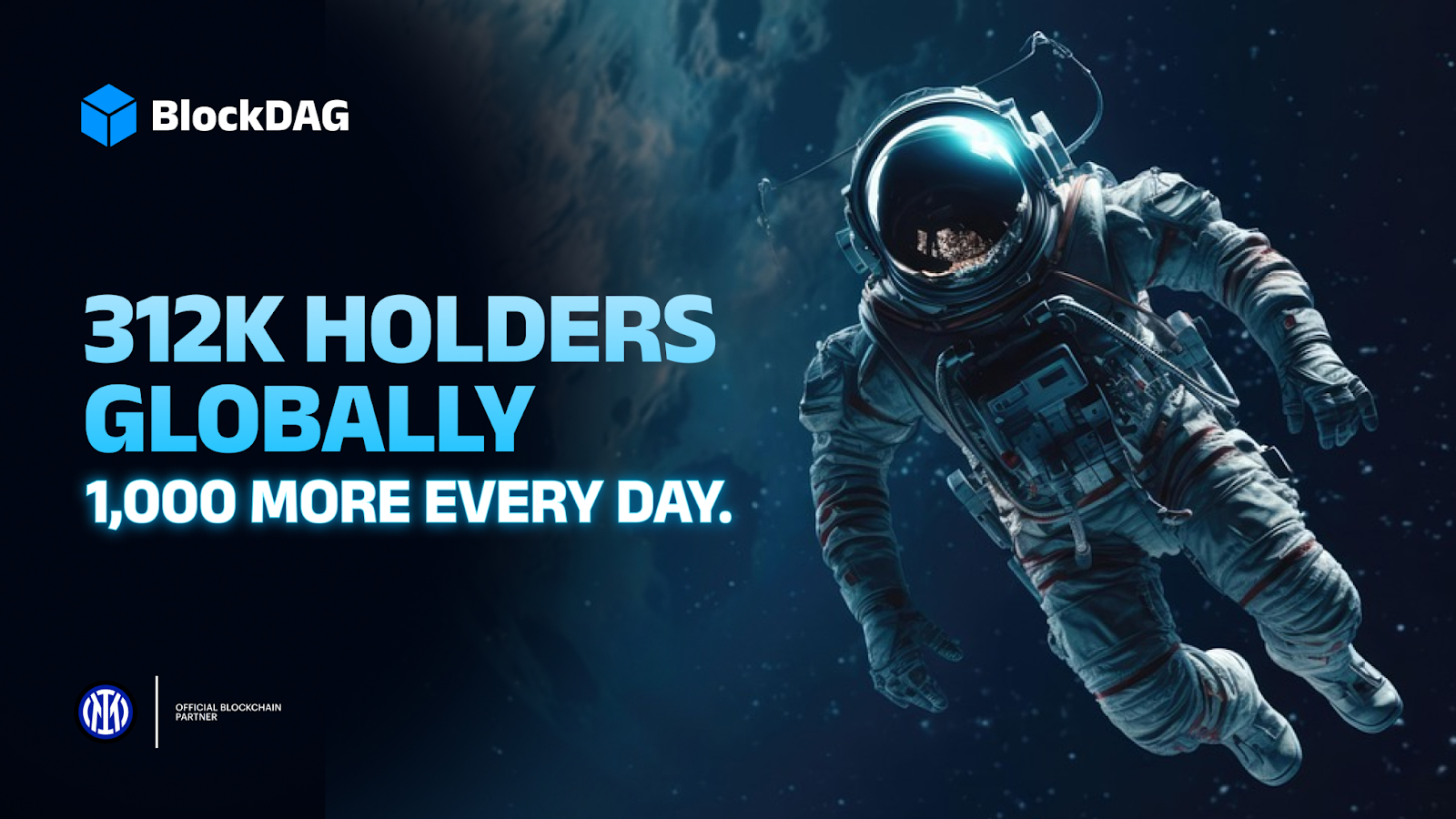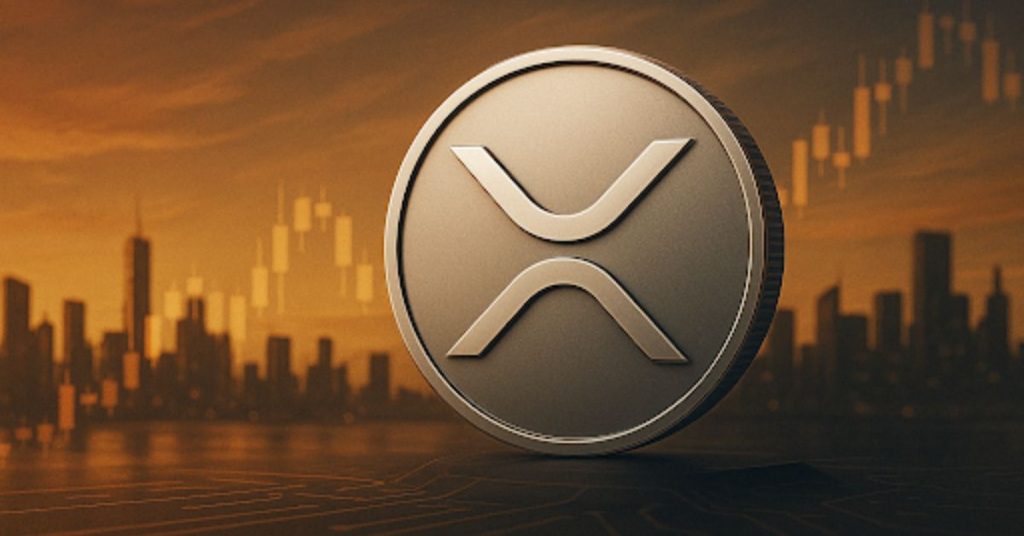

Ethereum
ETHEthereum to USD Chart
Ethereum / USDT Candlestick Chart
Technical Analysis for ETH/USDT
Where to Buy Ethereum (Markets)
Market Statistics
About Ethereum
What Is Ethereum (ETH)?
Ethereum is a decentralized, open-source blockchain platform that enables developers to build and deploy smart contracts and decentralized applications (dApps). Unlike Bitcoin, which primarily functions as digital money, Ethereum serves as a programmable ecosystem where users can create self-executing agreements (smart contracts) and launch their own cryptocurrencies (tokens). Its native cryptocurrency, Ether (ETH), powers transactions and computational operations on the network.
Ethereum was conceptualized in 2013 by Vitalik Buterin, who published its whitepaper outlining a blockchain that could support more complex functionalities beyond simple transactions. After a successful crowdfunding campaign in 2014, which raised $18.3 million in Bitcoin, Ethereum officially launched on July 30, 2015.
Since its inception, Ethereum has undergone multiple upgrades—including Constantinople, Istanbul, Berlin, and the London hard fork—to improve scalability, security, and efficiency. Its long-term vision is to become a global, censorship-resistant platform for decentralized finance (DeFi), non-fungible tokens (NFTs), and Web3 applications.
Who Created Ethereum?
Ethereum was co-founded by eight individuals, a rare collaboration in the crypto space. The most prominent figures include:
- Vitalik Buterin – The Russian-Canadian programmer who authored Ethereum’s whitepaper and remains a leading figure in its development.
- Gavin Wood – A British developer who coded Ethereum’s first implementation in C++, created the Solidity programming language, and later founded the Web3 Foundation.
- Joseph Lubin – A Canadian entrepreneur who co-funded Ethereum and established ConsenSys, a major blockchain software company.
- Charles Hoskinson – Played a key role in setting up the Ethereum Foundation before leaving to create Cardano (ADA).
- Anthony Di Iorio, Mihai Alisie, and Amir Chetrit – Early supporters who contributed to Ethereum’s funding and organizational structure.
These founders first gathered in Zug, Switzerland, in 2014, laying the groundwork for what would become the world’s leading smart contract platform.
What Makes Ethereum Unique?
Ethereum introduced smart contracts, self-executing agreements that run on blockchain technology without intermediaries. This innovation allows for:
- Decentralized Applications (dApps) – Programs that operate without centralized control (e.g., Uniswap, OpenSea).
- Token Creation – Developers can launch their own cryptocurrencies using Ethereum’s ERC-20 (fungible tokens) and ERC-721 (NFTs) standards. Over 280,000 tokens have been built on Ethereum, including USDT, LINK, and Shiba Inu.
- DeFi & Web3 – Ethereum is the backbone of decentralized finance (DeFi), enabling lending, borrowing, and trading without banks.
Gavin Wood described Ethereum as "a world computer"—a globally distributed network that makes applications more secure, transparent, and resistant to censorship.
How Is Ethereum Secured?
Originally, Ethereum used Proof-of-Work (PoW), similar to Bitcoin, where miners solve complex puzzles to validate transactions. However, to improve scalability and energy efficiency, Ethereum transitioned to Proof-of-Stake (PoS) with Ethereum 2.0.
Ethereum 2.0 & Staking
- Validators (instead of miners) lock up 32 ETH to participate in securing the network.
- Stakers earn rewards (currently 4-7% annually) for processing transactions.
- Early stakers received up to 20% APR, but yields decrease as more participants join.
-Staked ETH remains locked until Ethereum 2.0 fully launches.
As of 2024, Ethereum’s PoS mechanism makes it more energy-efficient and scalable, reducing fees and congestion.
Ethereum’s Future & Upgrades
Ethereum continues to evolve with upgrades like:
- The Merge (2022) – Transitioned Ethereum from PoW to PoS.
- Sharding (2023-2024) – Improves scalability by splitting the network into smaller chains.
- Layer 2 Solutions – Networks like Arbitrum and Optimism help reduce gas fees.
With its strong developer community and widespread adoption, Ethereum remains the leading platform for smart contracts, DeFi, and NFTs, shaping the future of decentralized technology.










